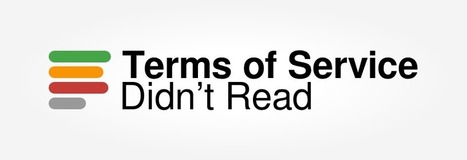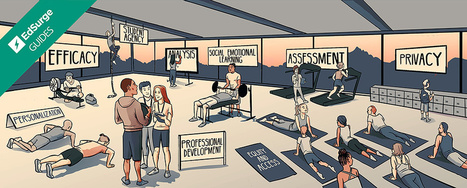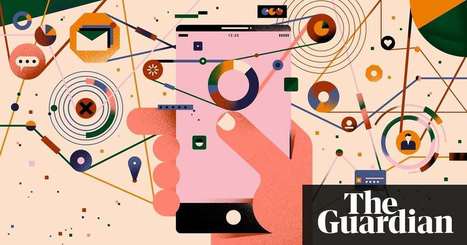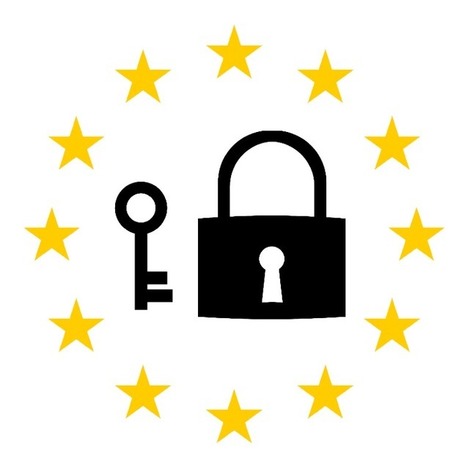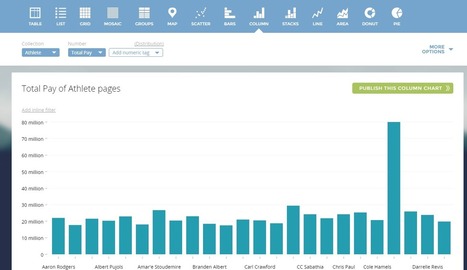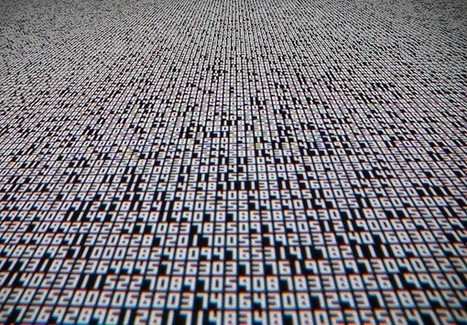Terms of Service; Didn't Read (ToS;DR) is an active project to fix the biggest lie on the web. We help you understand the Terms and Conditions and Privacy Policies of the websites, services and apps you use.
Research and publish the best content.
Get Started for FREE
Sign up with Facebook Sign up with X
I don't have a Facebook or a X account
Already have an account: Login
Literacy in a digital education world and peripheral issues.
Curated by
Elizabeth E Charles
 Your new post is loading... Your new post is loading...
 Your new post is loading... Your new post is loading...

Fiona Harvey's curator insight,
September 18, 2016 9:57 AM
Just a reminder that you are the content. Your data is sold and you really can't delete what you have posted.

Mei Lin Fung's curator insight,
July 8, 2015 12:15 PM
There is a lot of data here - thanks to @WorldBank for making it available for free and open access |

Dr. Pyrate's curator insight,
July 8, 2016 8:55 AM
I struggle with translating words to images. This helps!

Fiona Harvey's curator insight,
February 10, 2015 8:47 AM
Brilliant tool for looking at your tweets and easy to use. Don't need to be a Data scientist |




